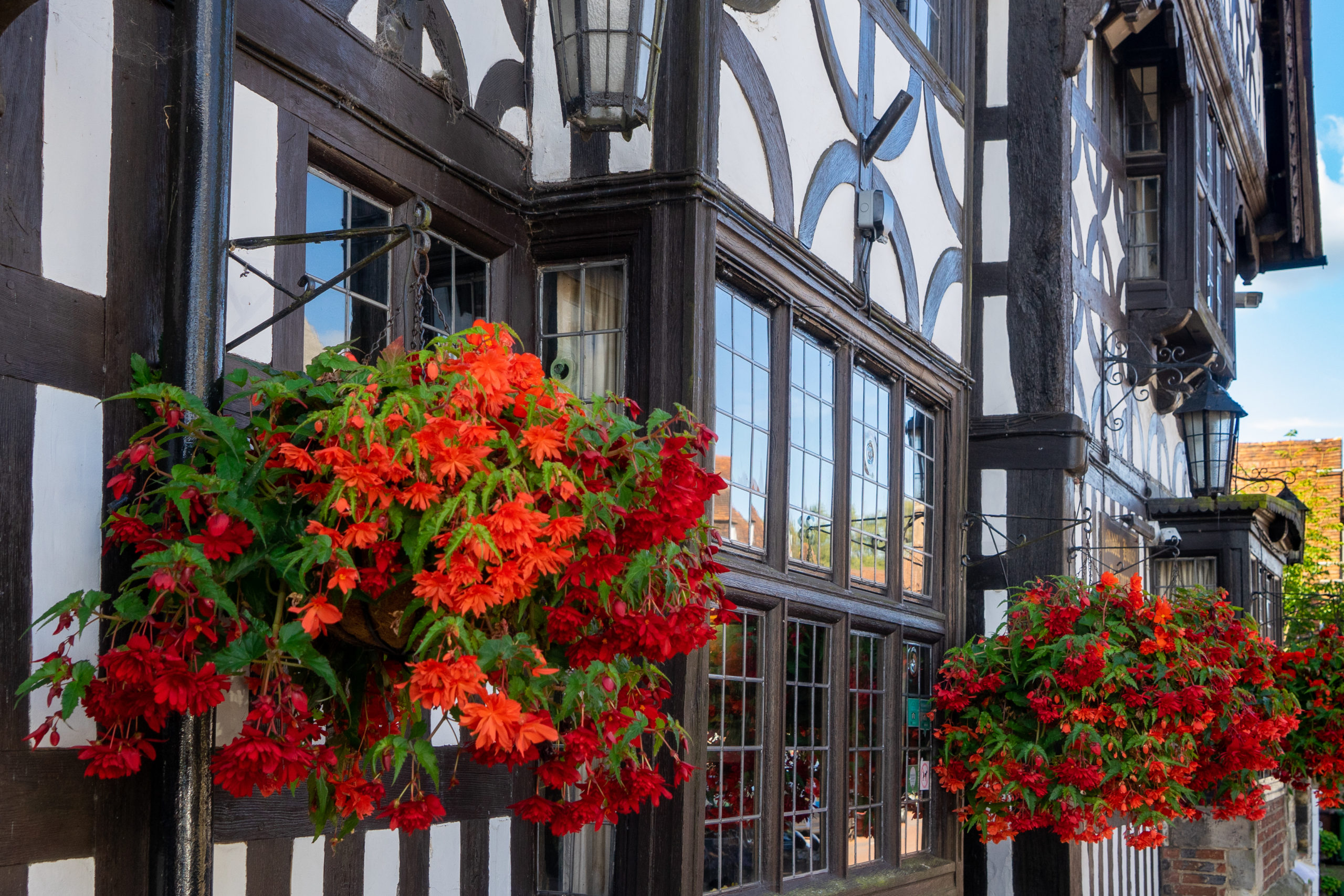Sussex is home to thousands of beautiful old properties, many of which have been designated ‘heritage properties’, meaning they are considered to be of national importance because of their special historic or architectural interest.
Once a property achieves heritage status, they are added to the list maintained by Heritage England and certain restrictions are introduced on what you can do with the property. Erin Denness in our Residential Conveyancing team reports.
Heritage properties fall within three broad categories:
- listed buildings;
- conservation areas; and
- locally listed heritage assets.
Listed buildings
A listed building is a property, or part of a property, that is adjudged to be of special architectural and historic interest. This group is divided into three categories, depending on how unique they are, with Grade 1 being those considered to have the most outstanding qualities.
A building will be listed following a recommendation by Heritage England and approval by the Secretary of State for Culture, Media and Sport, based on the Principles of selection for listed buildings.
You can apply to have a property delisted by the Secretary of State if new evidence emerges about the lack of special architectural or historic interest of the building, or because there is a material change of circumstances, such as fire damage.
Listed buildings are protected by law, so if you want to make any alterations to the building which might affect its special interest, you will need to apply for special listed buildings consent.
Conservation areas
Conservation areas are usually designated by a local authority and are set up to manage and protect the special architectural and historic features of a specified area. There are about 10,000 conservation areas in England, with each English local authority having at least one.
Like listed buildings, conservation areas are covered by additional planning controls and considerations that aim to ensure that no changes are made which would affect the historic and architectural significance.
Homes in conservation areas will usually require planning permission for works, such as demolition, which would not normally require permission. Deemed development rights will also often not be available to homeowners in a conservation area.
Locally listed heritage assets
Some local authorities also keep a list of heritage properties that are not officially listed or in a conservation area. The list has no legal status and the properties are not subject to the statutory controls which affect listed buildings or conservation areas. However, if a property appears on such a list, it means the local planning authority deems it to be of local significance and more stringent planning controls may be applied if you want to make changes.
Considerations when selling a heritage property
When selling a heritage property there are some extra issues that will require your attention if you are considering putting your house on the market.
Chief among these is ensuring you have all relevant information and documentation in place to give to potential buyers. This includes showing them proof of the property’s heritage status.
You also need to have documented evidence that any alterations you have made have been carried out with the required planning permissions and consents. This includes any alterations you have made and those made by previous owners. If it materialises that unlicensed work has been undertaken, you may have to apply for retrospective planning permission and possibly pay a fine, even if the illicit work was carried out by a previous owner.
You may also need to produce insurance documents or receipts to show that any work carried out used the requisite methods and materials.
How a solicitor can help
If you are considering selling a heritage property it is highly advisable to consult our specialist property law team before you begin the process. We will help you gather all the information and documentation you need to allow the sale of your property go through smoothly.
We will conduct searches to ensure the necessary consents and planning permissions are in place and, if there are any problems, we can advise what options may be available to address these.
This article is for general information purposes only and does not constitute legal or professional advice. Please note that the law may have changed since the date this article was published.


